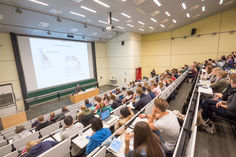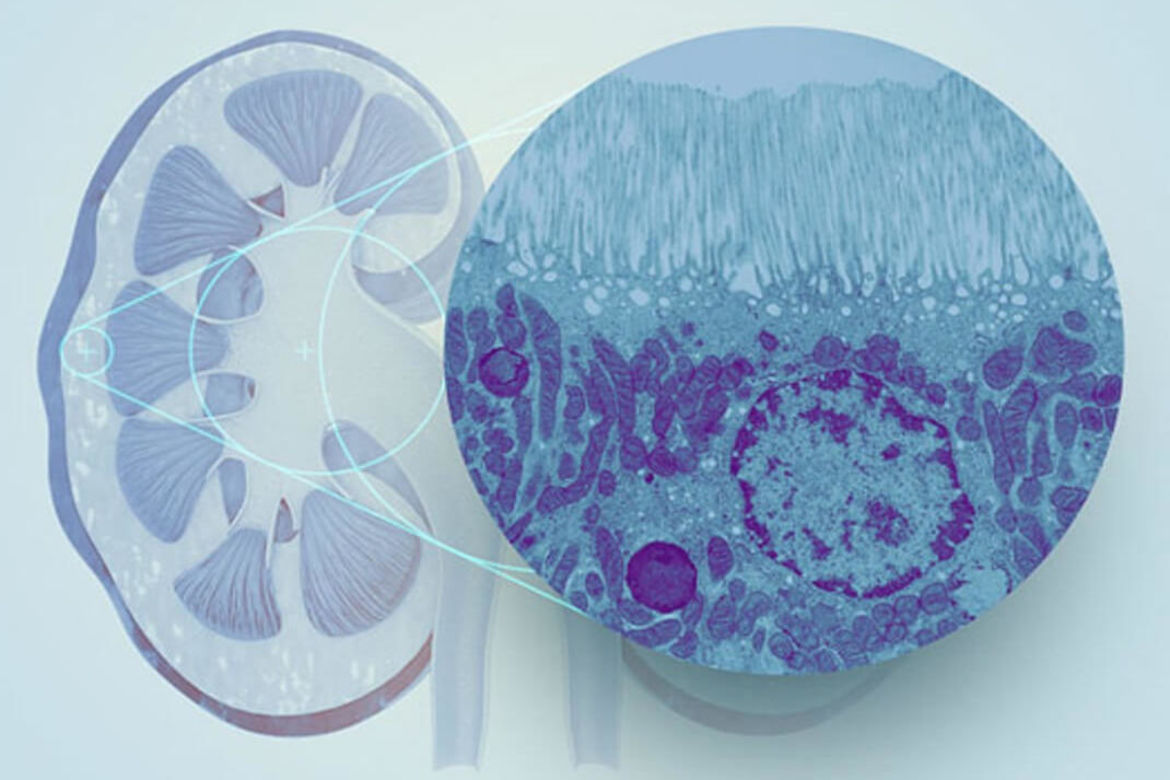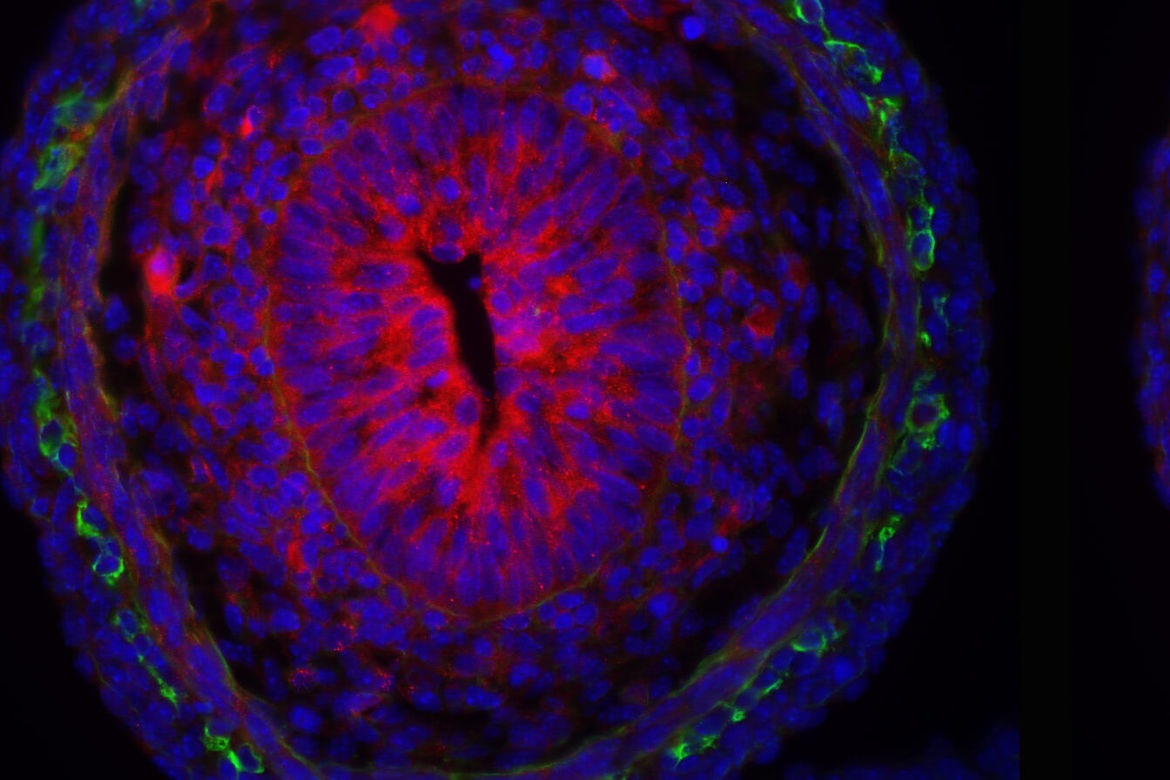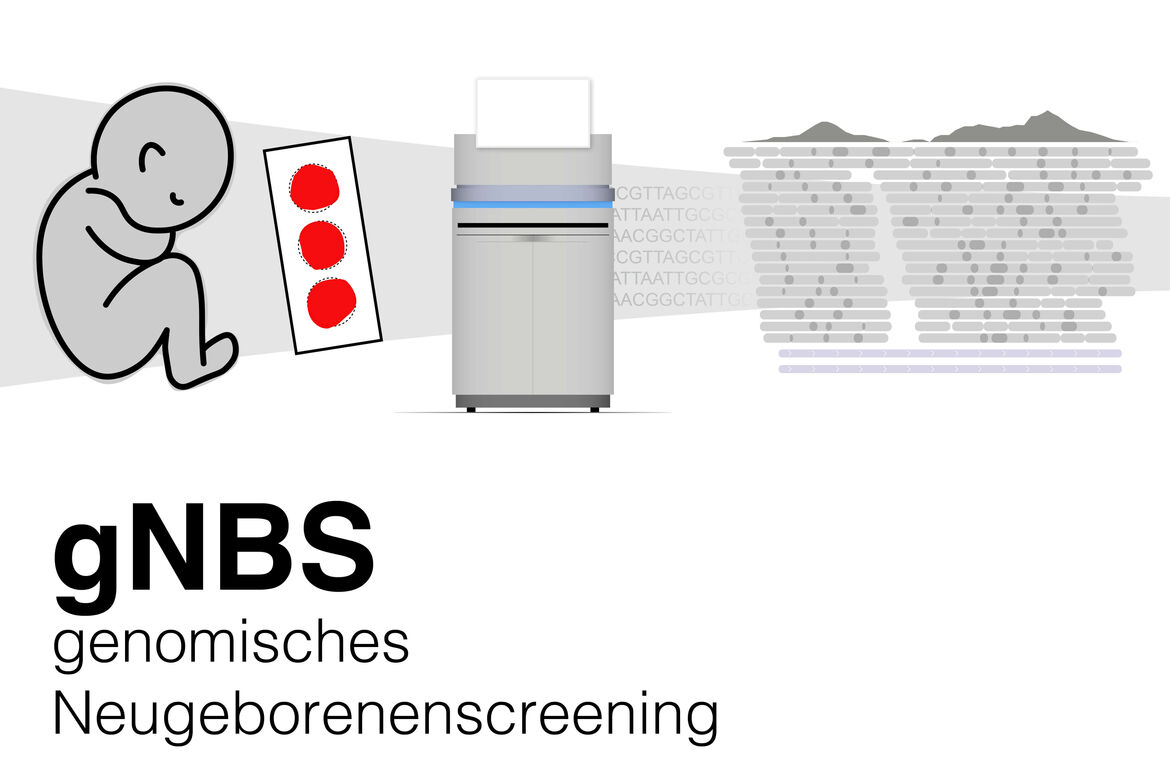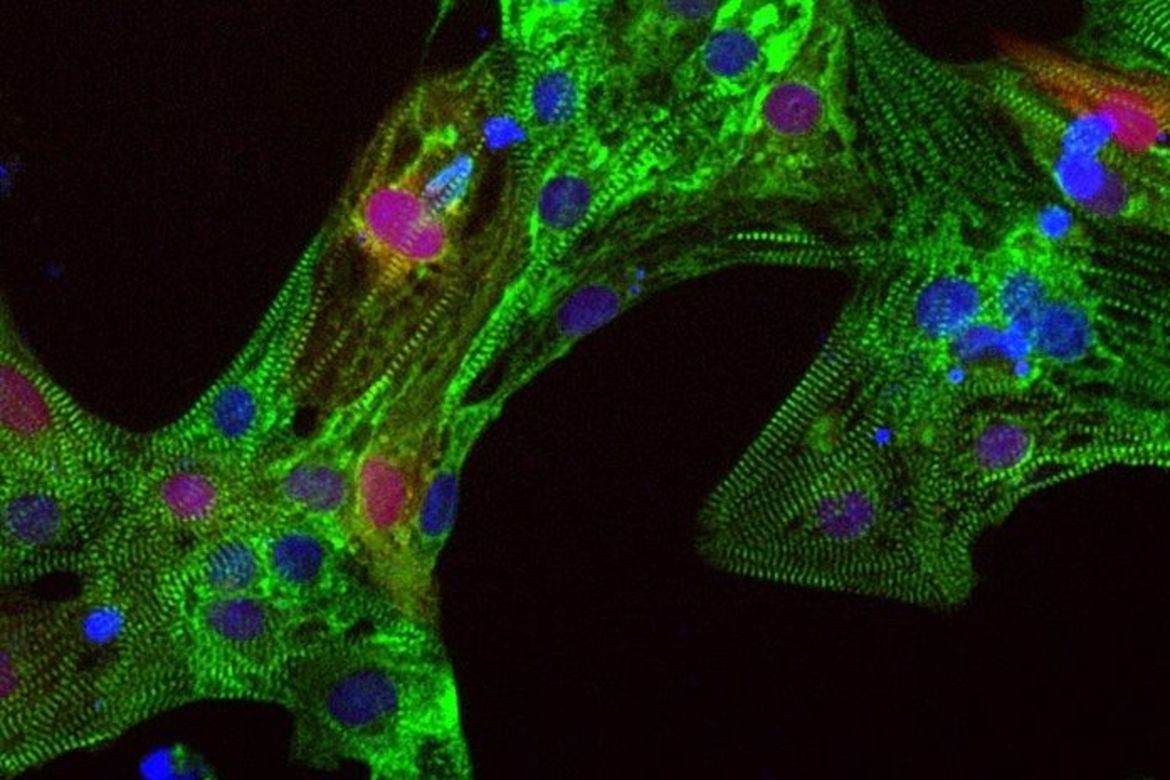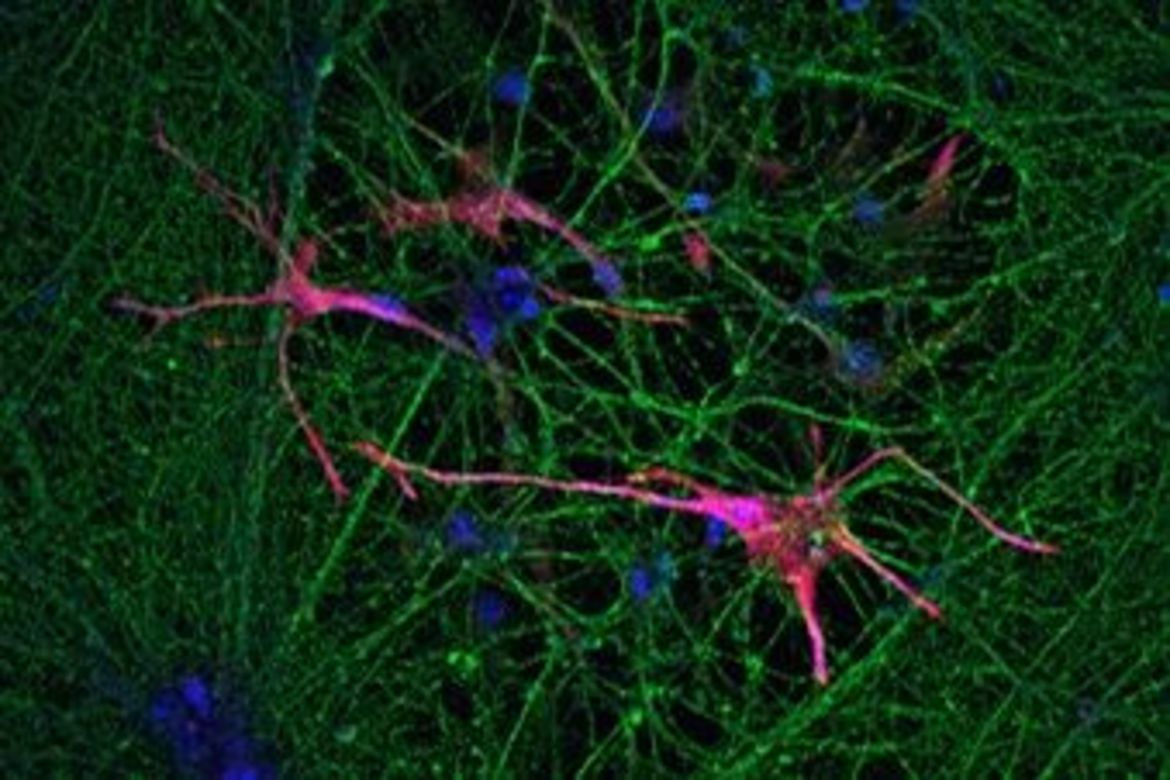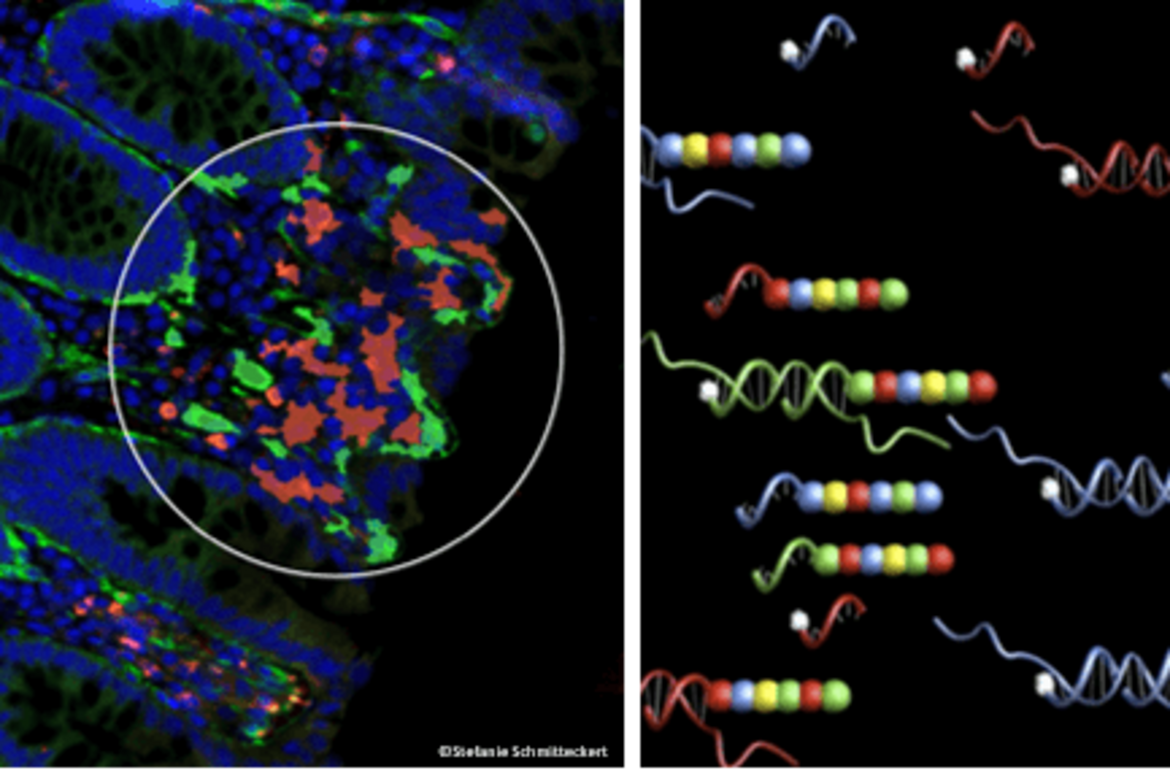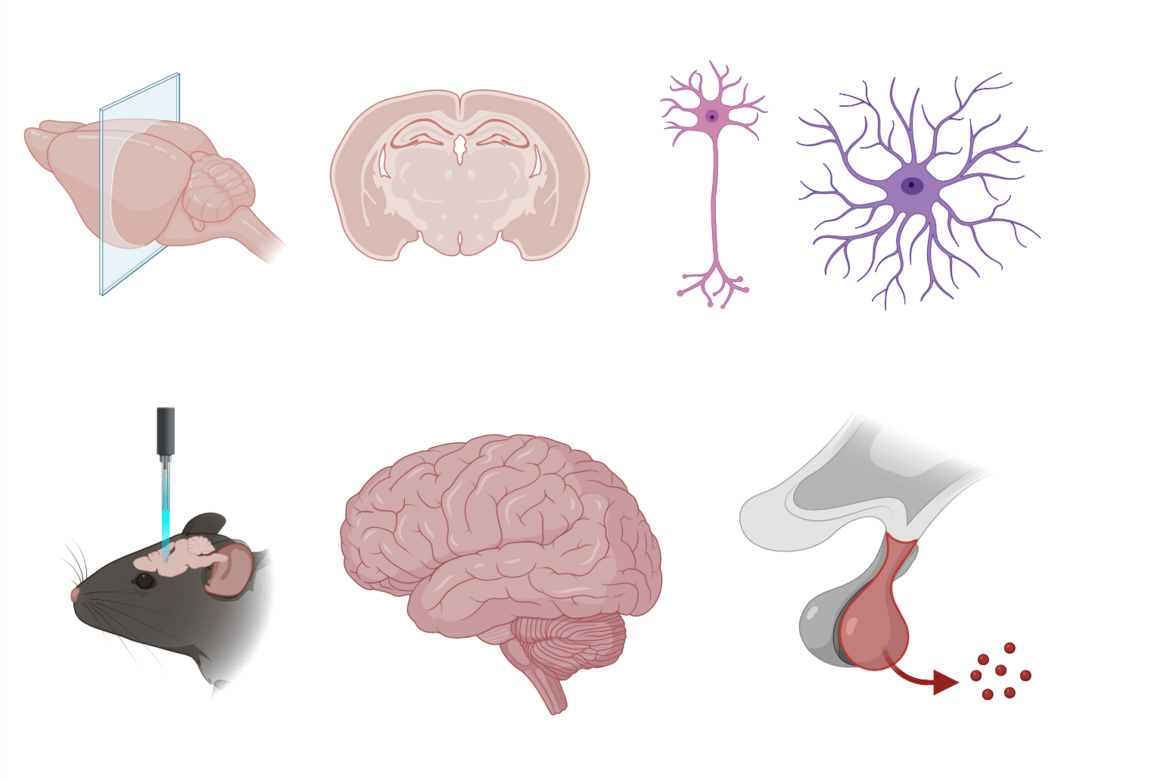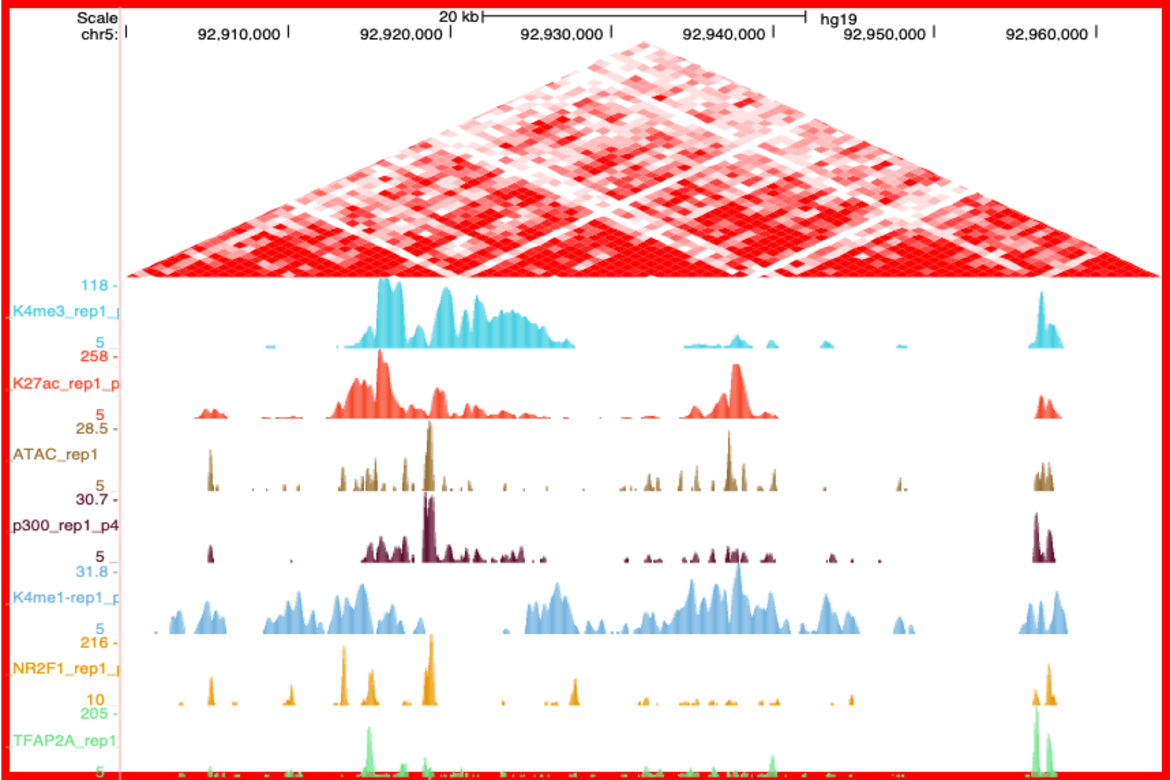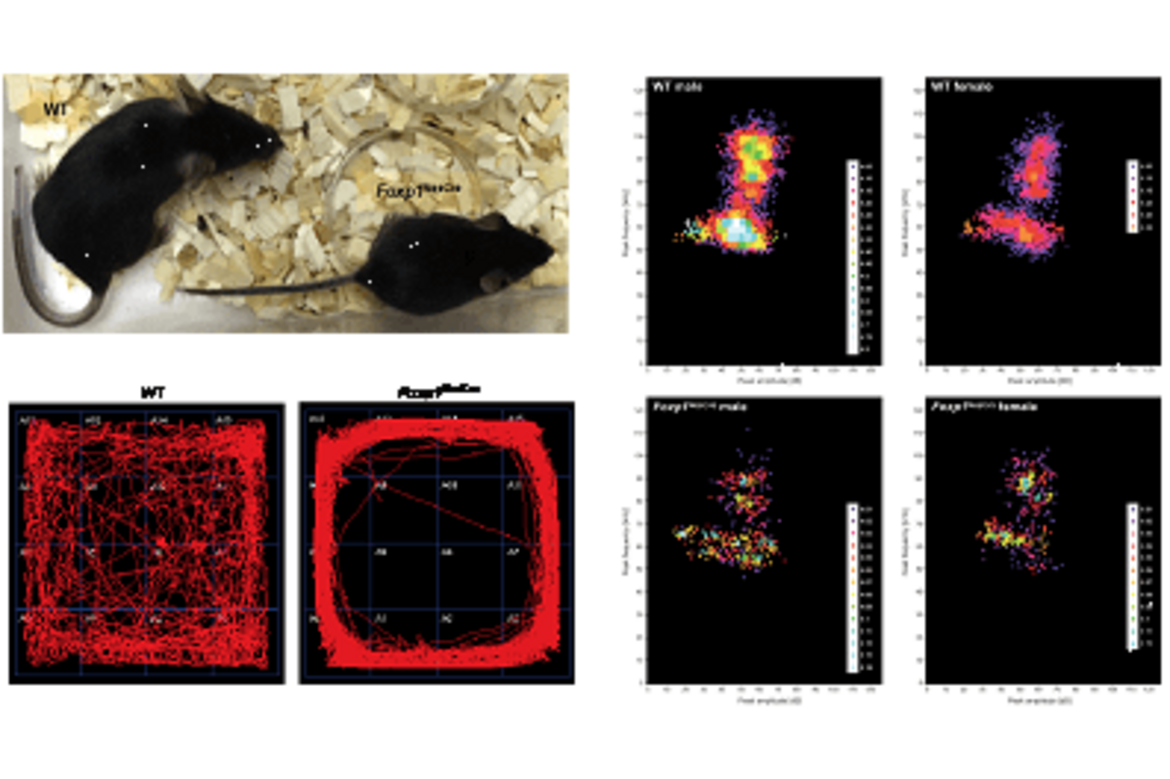Research
Many of our Institute´s current and recent research projects are described on this website. Browse and find out about the individual departments and research groups, which are mainly concerned with neurodevelomental genetics and nephrogenetics.
We are interested in understanding cases of rare diseases with an unknown molecular cause. The use of animal models, e.g. mouse and Drosophila, as well as stem-cell based cell models and organoids play a cruical role in the advancement of our research.
![[Translate to English:] [Translate to English:]](/fileadmin/_processed_/8/2/csm_20131204_Beratung_035_a396c6c6e5.jpg)
![[Translate to English:] [Translate to English:]](/fileadmin/_processed_/a/0/csm_20170627_PflegeOrtho_001_fb912471fa.jpg)
![[Translate to English:] [Translate to English:]](/fileadmin/_processed_/f/c/csm_20170215_LaborOMZ_155_c0169c0898.jpg)
![[Translate to English:] [Translate to English:]](/fileadmin/_processed_/2/c/csm_20180523_Labor_139_6ebb9a0a1b.jpg)
